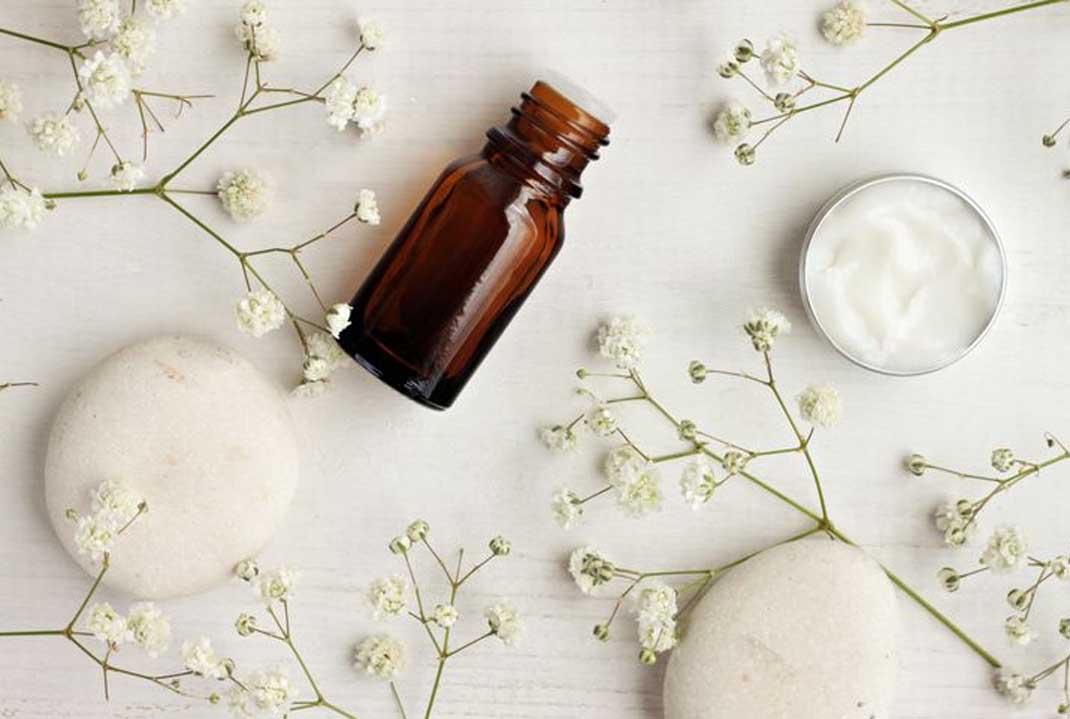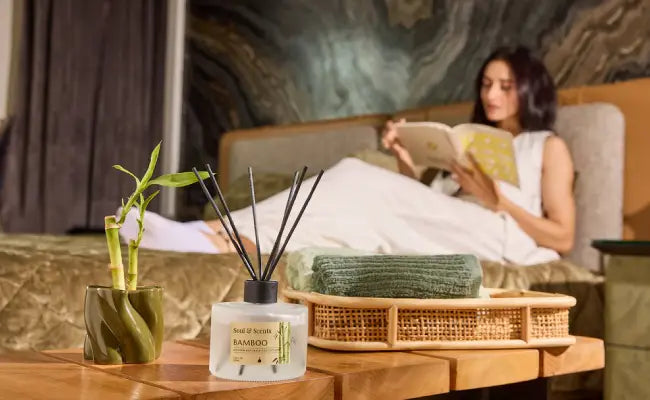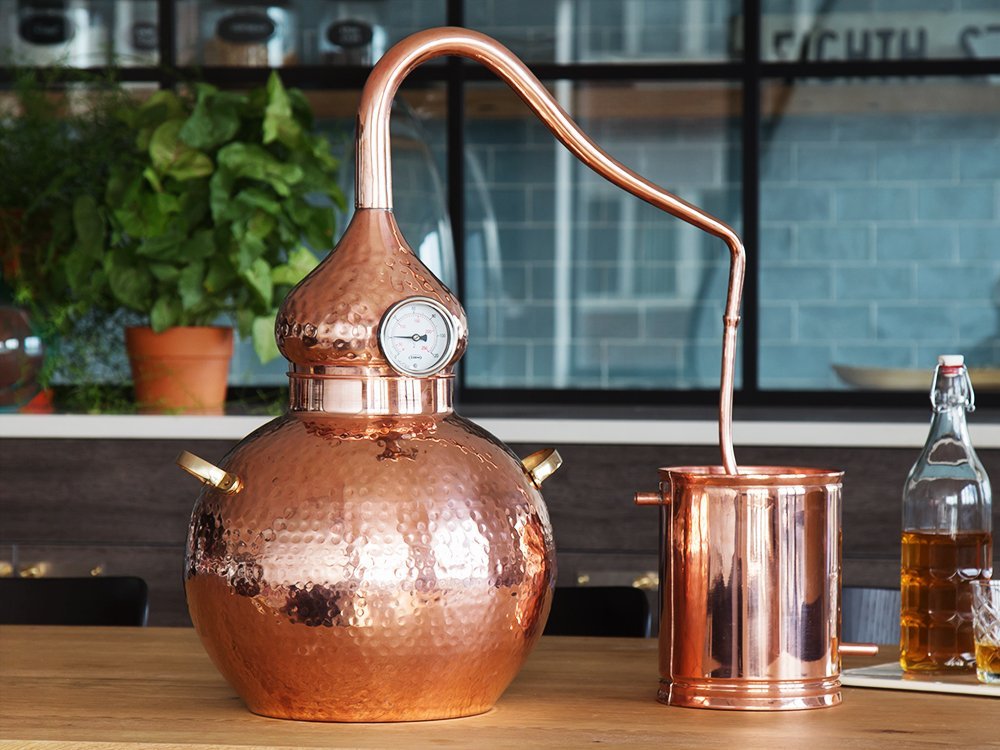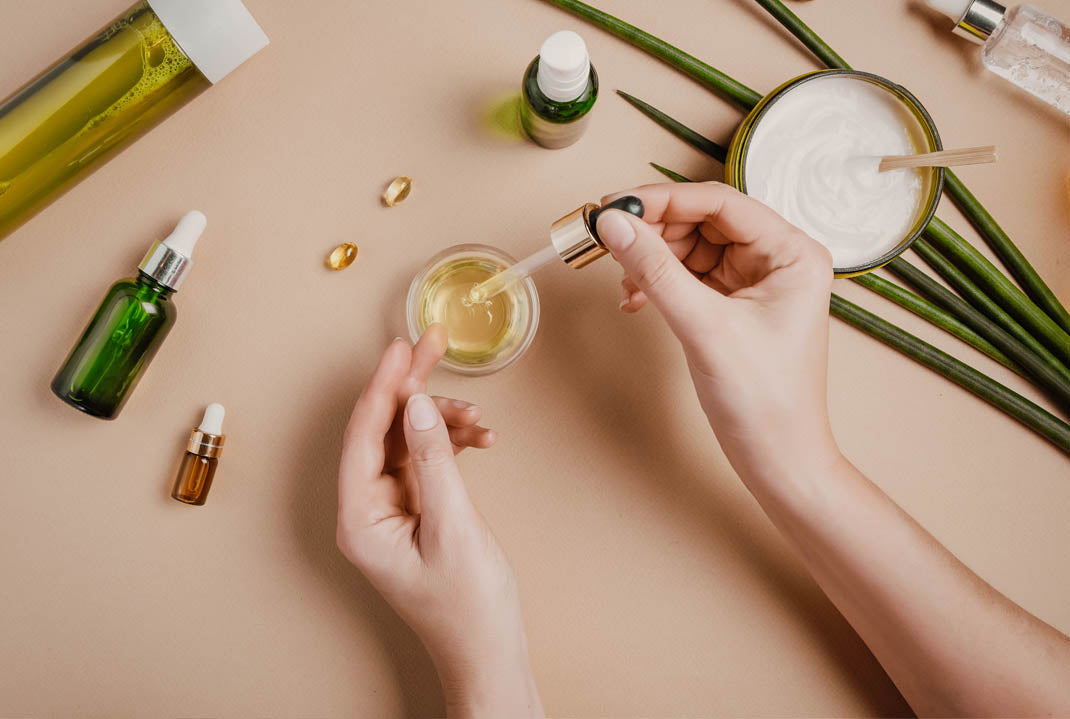
UNDERSTANDING AROMATHERAPY
Have you ever walked into a park in late spring and caught the scent of the first blooming frangipanis or Jasmines? Different regions have different plants, but people’s reactions are almost universal: the sudden thrill at a familiar perfume, an immediate uplift in mood, an automatic smile, and often a sigh of relaxation. Maybe the fragrance of a flower in bloom announces that spring has arrived or brings back memories of a favourite garden, or maybe the scent has a healing power of its own. But the feeling of being happier and more relaxed is the same, no matter how it’s explained. That walk in the park amounts to a brief experience of aromatherapy, one of the many uses to which essential oils have been put for almost a thousand years.
What Is Aromatherapy?
Aromatherapy is a holistic form of healing based on the use of essential oils.
Essential oils - concentrated extracts from the leaves, seeds, roots, or plant blossoms - have been used therapeutically for over 6,000 years. The history of aromatherapy can be traced through the ancient Indian, Chinese, Egyptian, Roman and Greek cultures. These people used essential oils in perfumes, cosmetics, and drugs as well as for hygienic, ritualistic, spiritual and therapeutic purposes.
The Founding of Modern Aromatherapy
The term “aromatherapie” was coined by René-Maurice Gattefossé, a French chemist. While treating a burn on his hand, he discovered the healing properties of lavender oil when he used it after an explosion in his laboratory. In 1928, Gattefossé founded the science of aromatherapy and went on to publish many treatises on the subject. One of Gattefossé’s followers, Jean Valnet, used essential oils during World War II to treat wounds, burns, gangrene and skin infections in wounded soldiers.
How Does Aromatherapy Work?
Researchers aren’t entirely sure how aromatherapy works. Some scientists believe that our sense of smell may play a role. Others believe that molecules found in essential oils may interact with enzymes or hormones in the blood. Aromatherapy massage is a great method of experiencing essential oils because it allows you to benefit from both theories at once by breathing in and smelling the oils as well as absorbing them through your skin. Regardless of how, the one thing we do know is that they DO WORK!!
There are fantastic success stories throughout history of how Aromatherapy and Essential Oils have had a profound impact on people's lives. Many people find that aromatherapy helps bring about feelings of spiritual well-being.
Frankincense is a classic example of an essential oil that has been used for centuries to add fragrance to sacred spaces such as churches, sanctuaries, and home meditation rooms. Diffusing frankincense and then taking long, slow breaths can help you focus as you embark upon any
spiritual journey.
Essential oils have wonderfully positive effects on every level, with unique properties that enhance the body, mind , and spirit. Aromatherapy, when understood this way, is more than just the scientific application of essential oils to bring about beneficial changes in the physical realm; it is the creative use of essential oils to evoke positive changes on aesthetic and mystical levels as well.
What Is Aromatherapy?
Aromatherapy is a holistic form of healing based on the use of essential oils.
Essential oils - concentrated extracts from the leaves, seeds, roots, or plant blossoms - have been used therapeutically for over 6,000 years. The history of aromatherapy can be traced through the ancient Indian, Chinese, Egyptian, Roman and Greek cultures. These people used essential oils in perfumes, cosmetics, and drugs as well as for hygienic, ritualistic, spiritual and therapeutic purposes.
The Founding of Modern Aromatherapy
The term “aromatherapie” was coined by René-Maurice Gattefossé, a French chemist. While treating a burn on his hand, he discovered the healing properties of lavender oil when he used it after an explosion in his laboratory. In 1928, Gattefossé founded the science of aromatherapy and went on to publish many treatises on the subject. One of Gattefossé’s followers, Jean Valnet, used essential oils during World War II to treat wounds, burns, gangrene and skin infections in wounded soldiers.
How Does Aromatherapy Work?
Researchers aren’t entirely sure how aromatherapy works. Some scientists believe that our sense of smell may play a role. Others believe that molecules found in essential oils may interact with enzymes or hormones in the blood. Aromatherapy massage is a great method of experiencing essential oils because it allows you to benefit from both theories at once by breathing in and smelling the oils as well as absorbing them through your skin. Regardless of how, the one thing we do know is that they DO WORK!!
There are fantastic success stories throughout history of how Aromatherapy and Essential Oils have had a profound impact on people's lives. Many people find that aromatherapy helps bring about feelings of spiritual well-being.
Frankincense is a classic example of an essential oil that has been used for centuries to add fragrance to sacred spaces such as churches, sanctuaries, and home meditation rooms. Diffusing frankincense and then taking long, slow breaths can help you focus as you embark upon any
spiritual journey.
Essential oils have wonderfully positive effects on every level, with unique properties that enhance the body, mind , and spirit. Aromatherapy, when understood this way, is more than just the scientific application of essential oils to bring about beneficial changes in the physical realm; it is the creative use of essential oils to evoke positive changes on aesthetic and mystical levels as well.





1 comment
I am thankful to you for sharing this sort of useful information. I found this resource utmost beneficial for me. Thanks a lot for hard work. I Hope You Will Check our Websites.
essential oils
buy essential oils
Carrier oils
fragrance oils
Moksha Essentials
Leave a comment
This site is protected by hCaptcha and the hCaptcha Privacy Policy and Terms of Service apply.